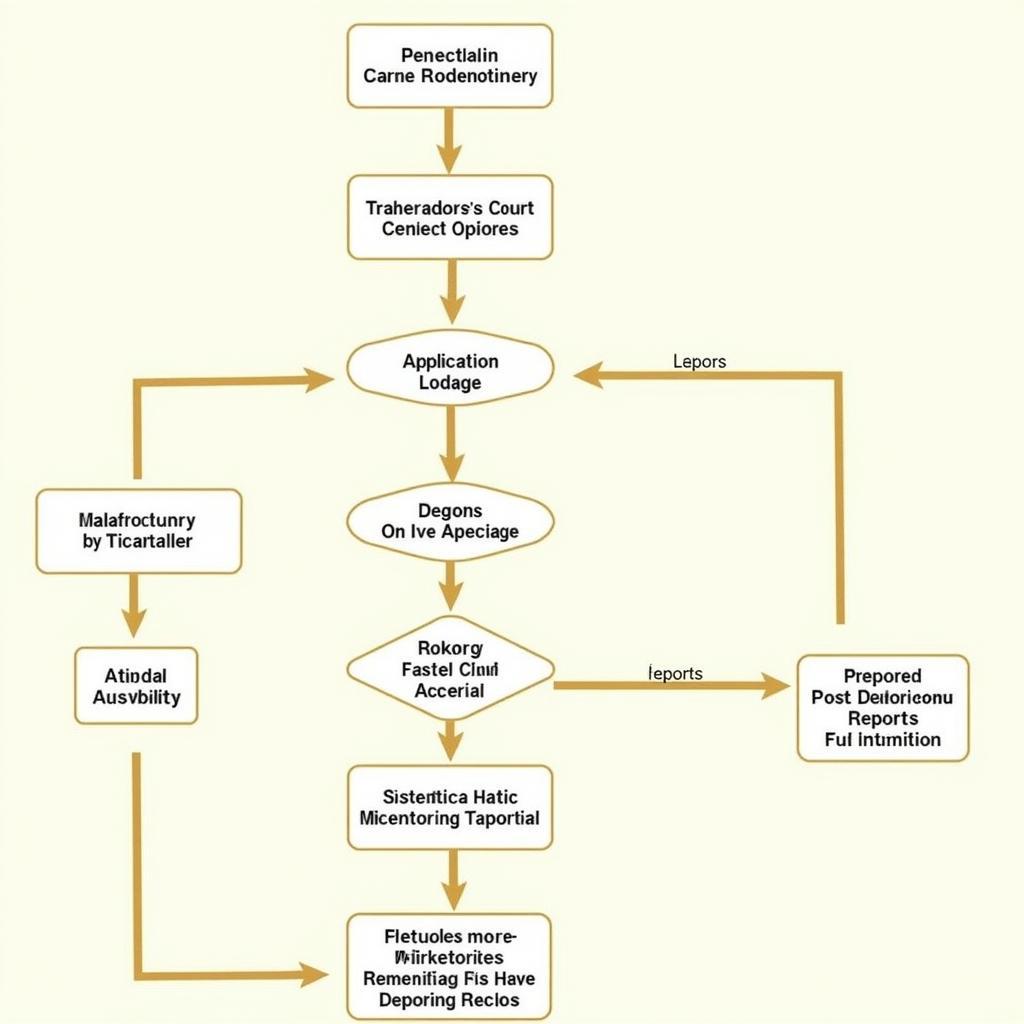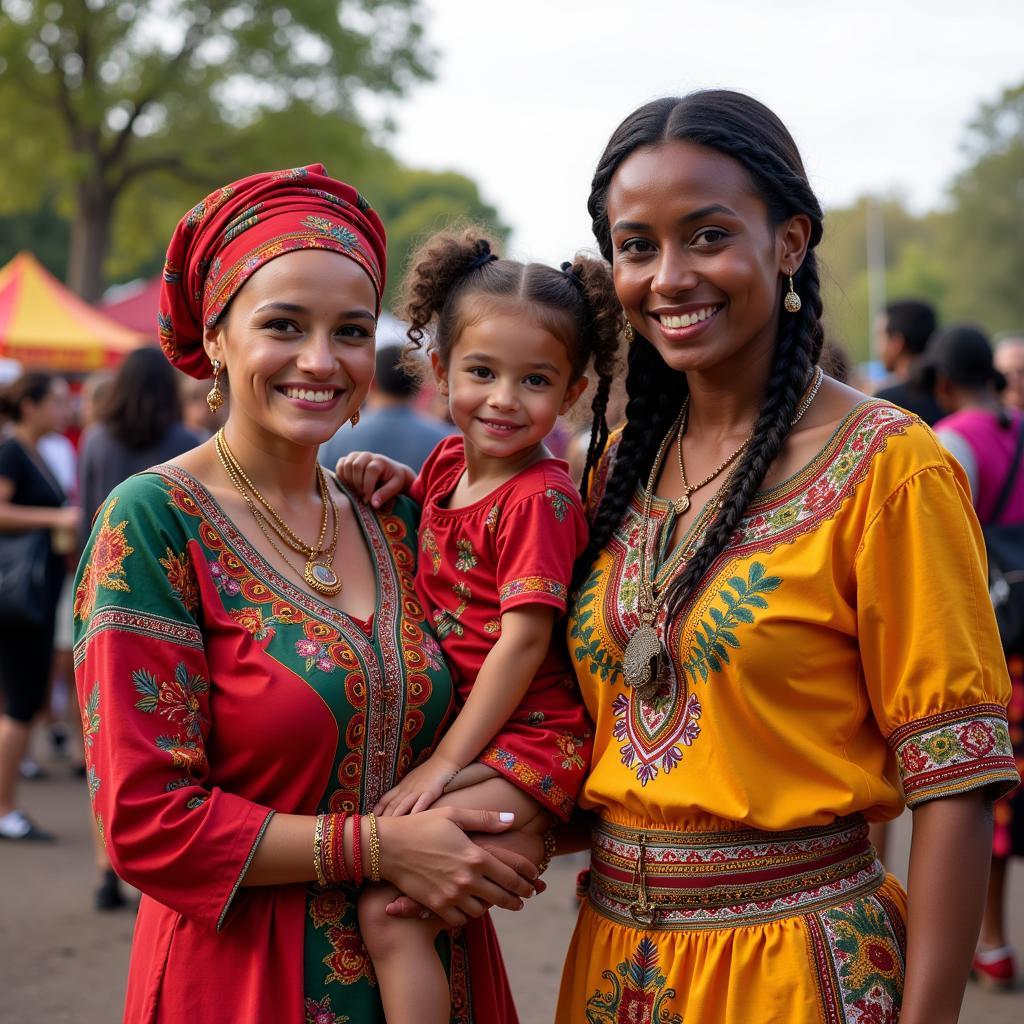Adopting a South African Child From Australia
Embarking on the journey of adopting a child is a significant life decision, filled with both excitement and complexities. For Australian families looking to adopt internationally, South Africa presents a unique set of considerations. This guide provides a comprehensive overview of the process, legal framework, and essential information for Australian families considering adopting a South African child.
Understanding Intercountry Adoption Between South Africa and Australia
Intercountry adoption, also known as international adoption, is the process of adopting a child from a country other than one’s own. The legal and procedural framework governing intercountry adoptions between South Africa and Australia is built upon the Hague Convention on Protection of Children and Co-operation in Respect of Intercountry Adoption (Hague Adoption Convention). This treaty, ratified by both countries, aims to safeguard the best interests of children and ensure ethical practices in intercountry adoptions.
 Intercountry Adoption Process
Intercountry Adoption Process
Eligibility Criteria for Prospective Adoptive Parents
Before commencing the adoption process, it’s crucial to ensure you meet the eligibility requirements set by both Australian and South African authorities.
Australian Requirements:
- Be assessed by an accredited adoption assessment agency in your state or territory.
- Meet the eligibility criteria of your state or territory, which may include factors like age, marital status, and financial stability.
South African Requirements:
- Be married for at least five years or, if single, be substantially older than the child you wish to adopt.
- Be in good physical and mental health.
- Have no criminal record involving child abuse or neglect.
The Adoption Process: A Step-by-Step Guide
The adoption process involves multiple steps and can be time-consuming. Here’s a simplified outline:
- Initial Inquiry and Information Gathering: Contact the relevant adoption authority in your Australian state or territory to gather information about the process and required documentation.
- Adoption Assessment: Undergo a comprehensive assessment by an accredited agency to evaluate your suitability as adoptive parents.
- Application Lodgement: Prepare and submit your application dossier, including documents like birth certificates, marriage certificates (if applicable), police clearances, and financial statements.
- Matching and Referral: Once your application is approved, you will be placed on a waiting list and matched with a child who is legally free for adoption.
- Travel to South Africa: When a match is made, you will need to travel to South Africa to meet the child and participate in court proceedings.
- Court Process in South Africa: The South African court will review your case and issue an adoption order if they deem the adoption to be in the best interests of the child.
- Immigration Process: After the South African adoption is finalized, you will need to apply for Australian citizenship for your child.
Post-Placement Reports and Support
Following the arrival of your child in Australia, you will be required to submit post-placement reports to the relevant authorities in both countries. These reports provide updates on the child’s well-being and integration into their new family and environment.
Support Networks:
Connecting with other adoptive families and support organizations can provide invaluable emotional support and practical guidance throughout your adoption journey.
Cultural Considerations and Identity Formation
Adopting a child from another country comes with the responsibility of honoring and celebrating their cultural heritage. Maintaining connections with their birth country and culture is vital for their sense of identity.
Building Bridges:
- Learn about South African culture, traditions, and language.
- Connect with South African communities in Australia.
- Consider regular visits to South Africa as your child grows.
 Celebrating Cultural Heritage
Celebrating Cultural Heritage
Conclusion
Adopting a child from South Africa is a life-changing decision that demands careful consideration, preparation, and commitment. By understanding the process, legal framework, and cultural nuances involved, Australian families can embark on this rewarding journey with greater confidence and preparedness. Remember, the journey of building a family through adoption is both unique and fulfilling.
